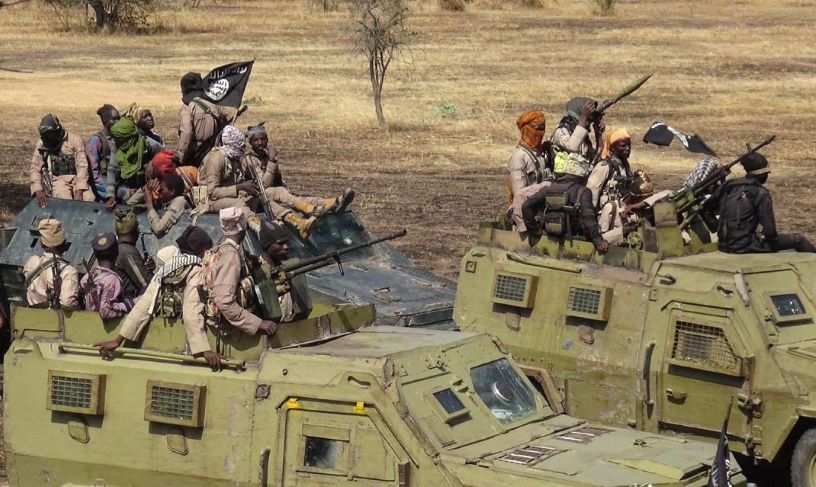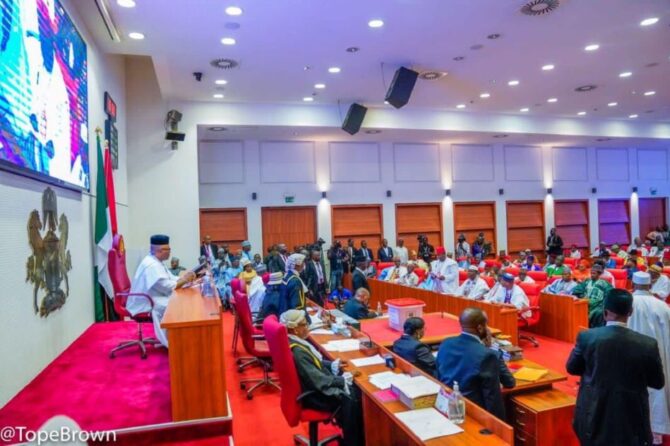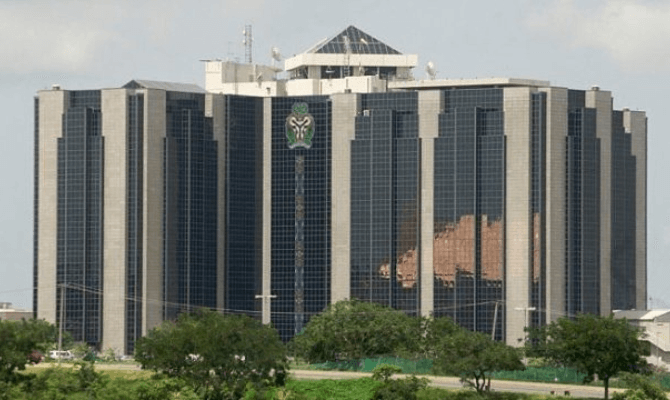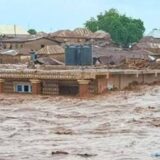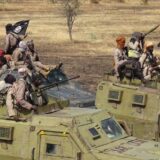Resurgent Jihadist Violence in Northeast Nigeria
Borno State, June 3, 2025 – Islamist militants, primarily the Islamic State West Africa Province (ISWAP), have intensified their insurgency in northeastern Nigeria, launching a series of coordinated and increasingly sophisticated attacks on military bases and infrastructure. This surge in violence marks the most successful military campaign by ISWAP to date, severely undermining Nigeria’s counterterrorism efforts and destabilizing the region.
Escalation of Attacks
Since the start of 2025, ISWAP has conducted at least 15 major assaults on Nigerian military “super camps” — fortified bases designed to consolidate security forces — across Borno and neighboring states. These attacks have included overrunning bases, looting weapons and vehicles, abducting soldiers, and destroying critical infrastructure.
In May alone, there were 45 verified incidents, the highest since May 2020, including a major attack on May 26 in Borno State. Notably, ISWAP overran the 50 Task Force Battalion in New Marte, seizing ammunition, vehicles, and abducting troops. Coordinated assaults on Marte, Dikwa, and Rann displaced thousands of civilians and temporarily gave ISWAP control over strategic areas.
Tactical Evolution and Regional Impact
ISWAP has demonstrated growing tactical sophistication, employing nighttime raids, infrastructure sabotage such as detonating roads and bridges, and the use of kinetic drones. The group’s operational reach now extends beyond northeastern Nigeria into neighboring Cameroon and the Lake Chad Basin.
The insurgents have reorganized into three provinces—Buhaira, Faruq, and Krenowa—allowing them to expand attacks into new territories, including northern Adamawa State and Cameroon’s Far North region. This expansion coincides with a decline in regional counterterrorism cooperation, notably the weakening of the Multinational Joint Task Force (MNJTF).
Humanitarian and Security Consequences
The resurgence has forced thousands of civilians to flee, many of whom had recently been resettled after previous displacements. ISWAP’s control over several local government areas, including Marte with over 300 towns and villages, has allowed them to impose forced taxes and jizya (a tax on non-Muslims), further entrenching their influence.
Borno State Governor Babagana Zulum warned of the group’s “total control” over multiple districts, highlighting the urgent need for a recalibrated security response.
Challenges to Nigerian Military Strategy
The Nigerian military’s “supercamp” strategy, initiated in 2019 to consolidate forces in population centers, has been exposed as a vulnerability. Many bases are underfunded, poorly fortified, and susceptible to ISWAP’s coordinated attacks, leading to significant losses of personnel and equipment.
The insurgency’s resurgence coincides with parallel violence by Boko Haram, Fulani militias, and criminal groups, exacerbating the complex security landscape in the northeast and surrounding regions.


